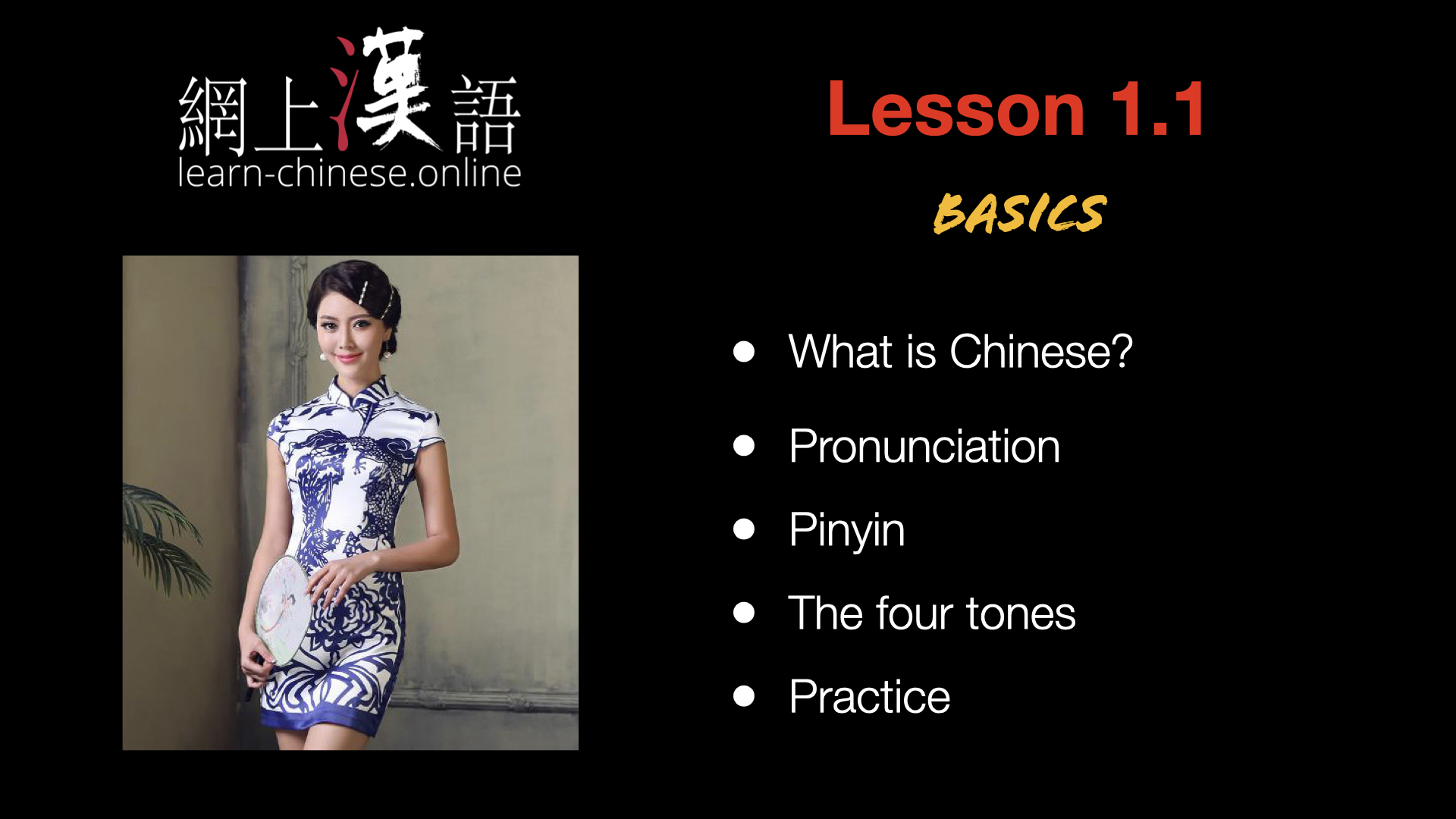The eight lines of Chinese calligraphy
The smallest unit of the Chinese character is the line. The number of basic lines can be reduced to eight. With these eight lines and their variants, we can make 214 basic characters called “key”. All sinogrammes (= Chinese characters) are key or several keys composed together.

Here are the eight fundamental lines in the chinese character eternity:
- the dot (dian)
- the horizontal line (heng)
- the vertical line (shu)
- the hook (gou)
- the upping line (« ti » ou « tiao »)
- the falling leftwards (with slight curve) (foot)
- teh falling leftwards (with slight curve)to (foot)
- the falling rightwards (fattening at the bottom) (in).
Note : 5 and 6 form the broken line (zhe)
To know the writing of a chinese character, the student must know the order and direction of writing of each lines.
In Chinese calligraphy, these principles are respected and course are usually known because a calligraphy student must already have the basic knowledge of Chinese language.
To trace these basic lines with a brush, other rules are in addition to those mentioned above.
Dot

- It begins in the opposite direction of the dot and then down to the right.
- It ends in the opposite direction while gradually lifting the brush.
The horizontal line

- It begins in the opposite direction from the top and then take the direction of the line by a small hook.
- Regular line in the horizontal.
- It ends in the opposite direction by going up a little first and then continuing to the bottom while gradually lifting the brush.
The vertical line

- It begins in the opposite direction from the top and then take the direction of the line by a small hook.
- Regular line in the vertical
- Gradually lift the brush to complete the line.
The hook

- It begins like the vertical line (sketch) or like any other line (because the hook is always integrated in another line).
- Finish by pressing at an angle of about 45 degrees to the left side and raise the brush completely on the left.
The upping line

- It begins in the opposite direction and then take the direction of the line by a small hook at the bottom right.
- Gradually lift the brush to complete the line.
The falling leftwards

- It begins in the opposite direction and then take the direction of the line by a small hook at the bottom right.
- Gradually lift the brush to complete the line.
The broken line

- It begins in the opposite direction from the top and then take the direction of the line by a small hook.
- Press the brush down on the right.
- Finish by gently started a small loop on the right while gradually raising the brush.
The falling rightwards

- It begins in the opposite direction and then take the direction of the line by a small hook at the bottom right.
- Regular line.
- Press the brush and then gradually lift to complete the line.

































